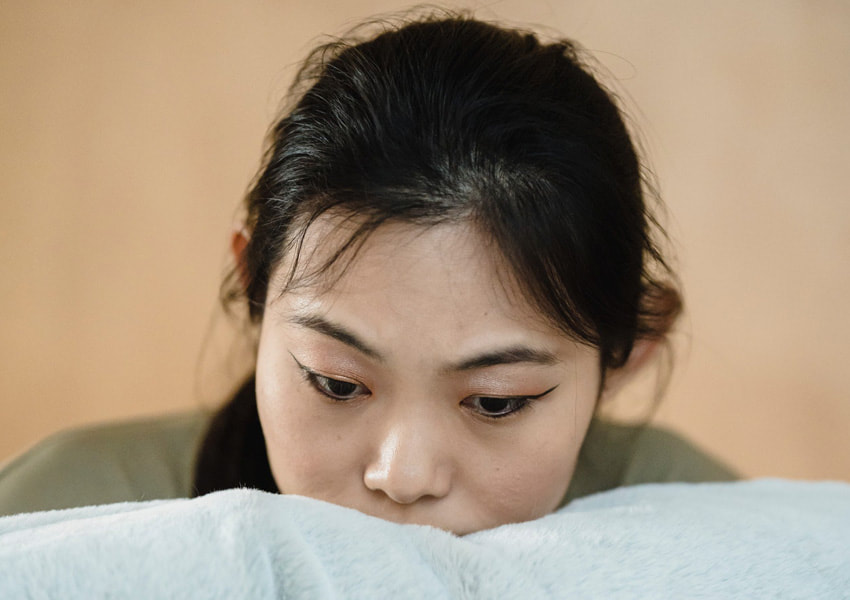Antiracism
"What does antiracism have to do with therapy?"
It turns out, a lot. Race plays a major role in a shaping all of our lives and experiences (white folks: this means you too!). Feelings of guilt, shame, rage, anger, confusion, anxiety, and despair are all normal, human responses to racism.
|
Our culture, centered on whiteness, promotes values and norms like scarcity, fear of conflict, binaries, perfectionism, individualism.
It tells us to do more even when we're exhausted, to ignore the signals from our bodies, brains and hearts, to cut off from or avoid the person in our life that challenges us, to be afraid, and to never own up to our mistakes. All of this contributes significantly to our mental health and well-being, and much of it is rooted in white supremacy culture. |
If you are a person of color, therapy can be a space for you to unpack the racial trauma and microaggressions you experience. It's a place where you can be honest about the myriad of feelings that come from living in your skin in a racist world, a place where you can learn to channel the rage you might feel into growth.
If you are a white person, therapy can help you explore your privilege, sit with and process your guilt and shame, understand how racism negatively affects everyone, and learn to be antiracist.
If you are a white person, therapy can help you explore your privilege, sit with and process your guilt and shame, understand how racism negatively affects everyone, and learn to be antiracist.
Antiracism has everything to do with therapy and mental health.
